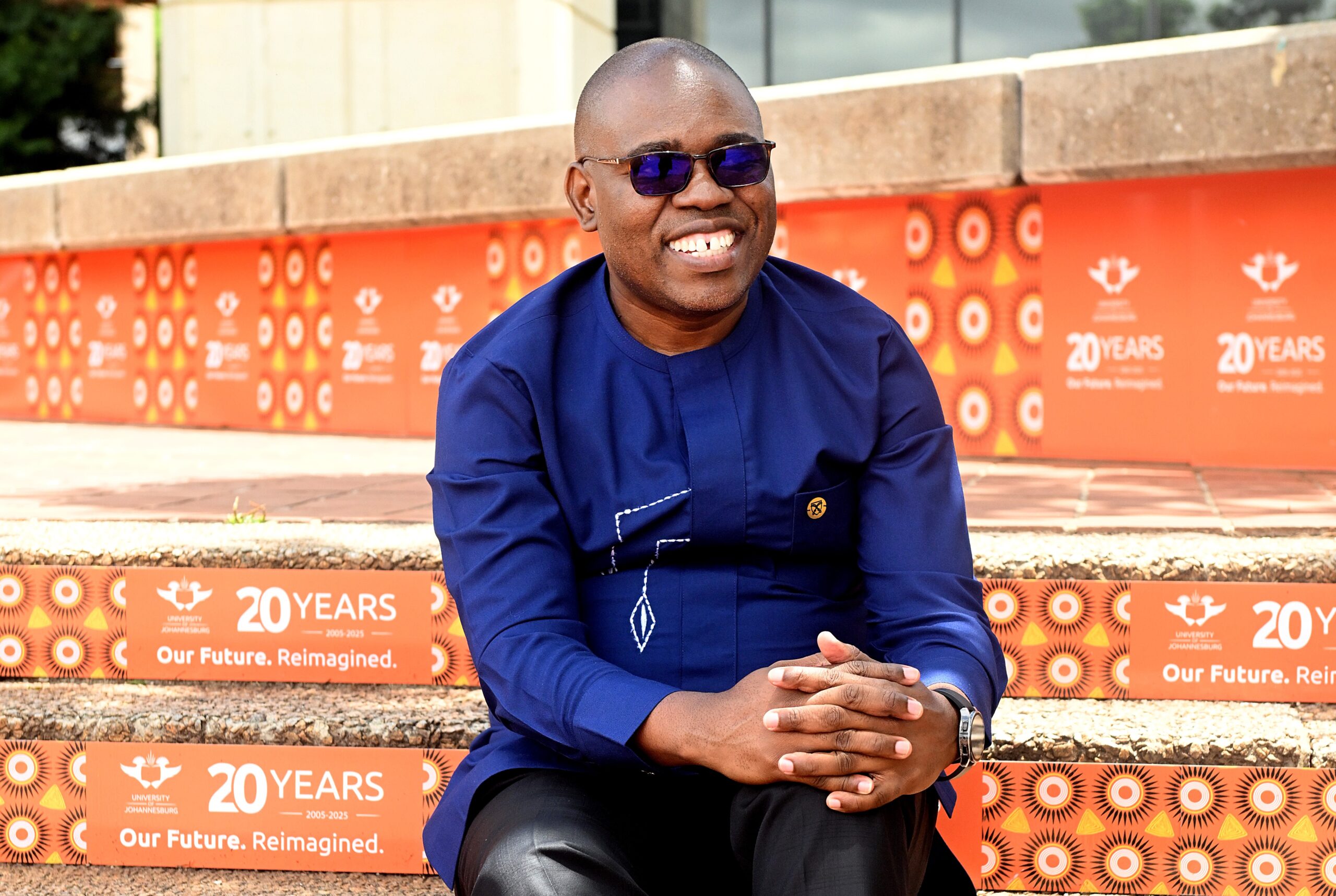Is South Africa’s judiciary too powerful? This is the question that University of Johannesburg (UJ) students studying politics had to grapple with when renowned scholar and legal practitioner, Advocate Tembeka Ngcukaitobi, delivered a guest lecture this week. The special lecture series is part of the Politics 101 class designed to give students the opportunity to interact with prominent figures who are experts in the field of politics and related topics. Adv Ngcukaitobi’s relationship with the UJ Politics 101 class extends to a few years, with him occasionally giving first year students an opportunity to learn from his wealth of knowledge.
Monarchies and the disruption of the concentration of power
In his lecture, delivered on Monday, 19 May 2025, Adv Ngcukaitobi delved into the various forms of leadership where the concentration of a country’s power lies and what an overwritten judiciary would mean in modern day society. He began the lecture by giving the students a scenic tour through history, exploring how countries or territories were governed. The brief historical background traced the emergence monarchies in England and France, as examples of how the distribution of power was structured. One such example was that of King Charles I, and the challenge waged by General Oliver Cromwell in the 1650s or the English revolution.

“The first modern example of the dissolution of the concentration of power from one to a wider group, is the English revolution led by General Cromwell, who took power from King Charles I,” Adv Ngcukaitobi explained. “The second example is the French revolution. At the time the power in France was concentrated with Louis XIV, and his notorious wife, Marie-Antoinette. People were tired of the authority and power held by the monarchy. There was also an economic decline in France. This revolution resulted in the creation of the French parliament and the removal of power from the monarch to the parliament”.
The revered Advocate then traced the first emergence of the judiciary in the American Revolution of the 1700s. “That revolution, instead of creating just two arms of government, created a third branch, the judiciary. It’s the first time we see the judiciary being an equal branch of government. The were concerns in America, from writers of that time, who wrote about what the implications of giving power to the judiciary would be. The primary concerns were that judges do not have the purse- they do not control the budget, neither do they control the sword-the army. This is why they were referred as the weakest branch of government”.
Adv Ngcukaitobi further explained that these developments led to the widespread acceptance of the separation of powers among the three branches of governance. He said this relation between the two branches of government and the third would be and still is today a burning question. “South Africa is, therefore, not immune from these discussions that have been going on for almost 300 years. These discussions have been happening since the judicial branch was established as a third branch of government that is independent and sometimes supreme”.
Parliamentary supremacy vs Constitutional supremacy- Is the judiciary overwritten?
To bring the conversation to a more local context, Adv Ngcukaitobi shed light on the operation of the apartheid government. He shared that while it was largely called a parliamentary sovereignty, it was more accurate to see it as a parliamentary supremacy. “Under apartheid, South Africa had what was called Parliamentary Sovereignty. It should really have been parliamentary supremacy. Sovereignty is a big concept that speaks about all of us, while apartheid government was a minority government”.
Here, he outlined how the judiciary, while in existence, did not have power above the parliament. He shared here that Parliament was supreme to the other branches of government. “It meant, for example, that Parliament had the power to overturn a judgement that the courts had made,” he said, citing apartheid state’s violent relationship with towering liberation movement figure, Mangaliso Robert Sobukwe.
“In 1960, Robert Sobukwe was charged under the suppression of communism act. He was sent to prison for three years, a sentence that the magistrate had imposed. In April 1963, as he was about to be released, the securocrats felt he was a danger, and should not be released. He was sent to Robben Island, and a new law was passed by the Minister of Justice at the time, that his detention was to be extended at the behest of the minister. Another law was passed, which said ‘no judge could inquire into the validity of this decision’”.
Adv Ngcukaitobi then shared that with the dawn of democracy, South Africa transitioned into utilising the system of constitutional supremacy, which gives each branch of government clear roles and responsibilities and limits their powers to specific areas. “In the sketch that I have tried to give you, you can now ask yourself whether you believe the judiciary has too much power, or too little power”.
He reiterated the responsibilities that citizens have of understanding their rights so that they could hold the correct parties responsible for the failures found in modern day South Africa. “One of the problems I find in this country is constitutional ignorance, which then enables the opportunists to go around saying ‘this constitution is from the West… This constitution was drafted here. This is why it protects the rights in this manner”.
Students had the opportunity to have a robust discussion with the revered advocate. They quizzed him on everything, from hot button points such as the #JusticeforCweCwe issue and the inaccessibility to the courts due to affordability. Other questions ranged from the inadequacies of the National Prosecuting Authority (NPA) and how these can be addressed, to issues that affect them intimately, such as the R8 billion shortage in National Student Financial Aid Scheme funding and what options they have. The lecture marked the end of the special lecture season for the first semester.
Watch the full lecture below:



